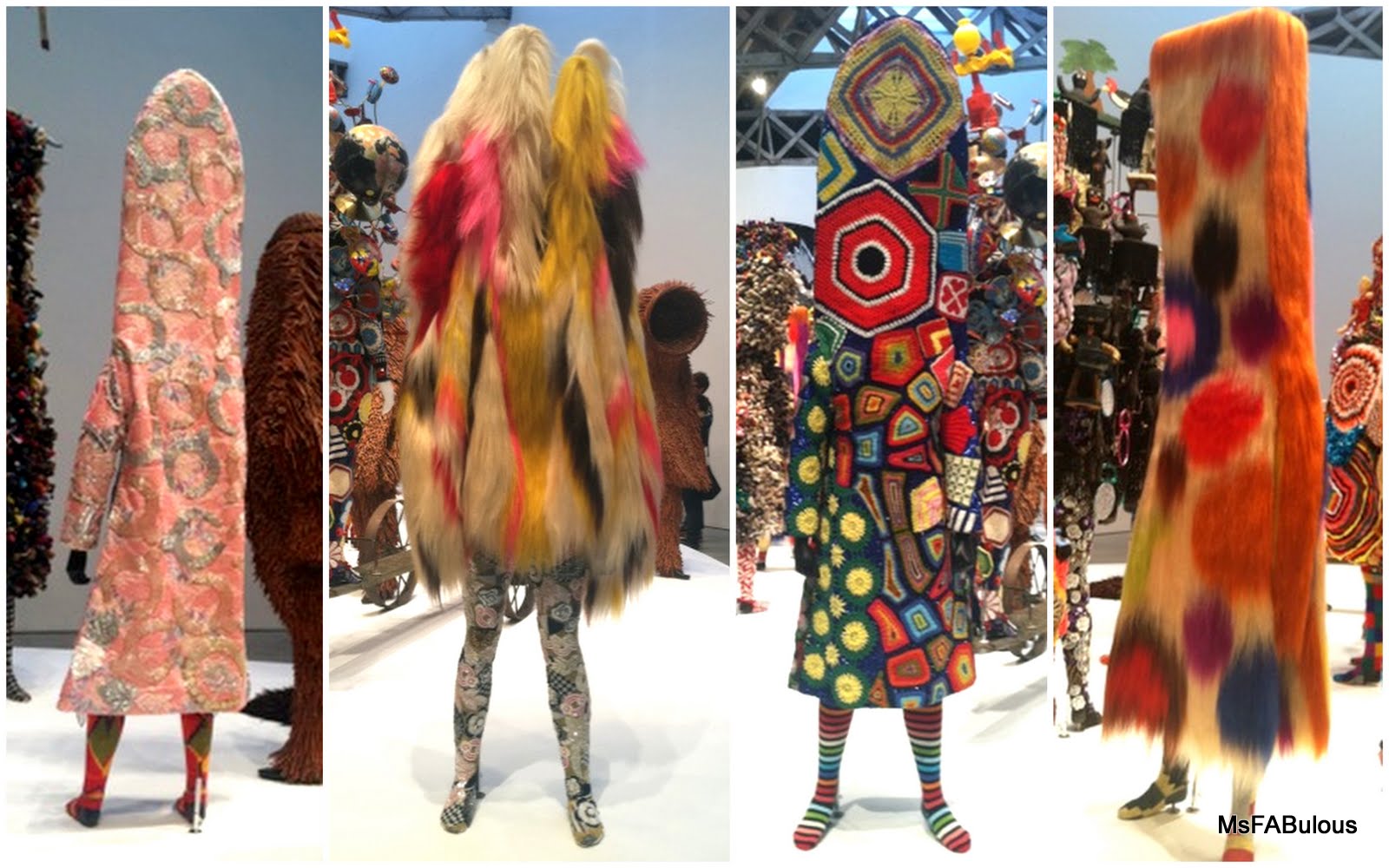It’s a two-fer Tuesday with Tiggy!
Dear Tiggy,
I recently discovered that I’m bisexual. However, I live in Pakistan. Here, sexuality is hardly discussed and, in many cases, considered taboo. I want to know more about myself and my sexuality. Can you please advise me on how to do that in a safe, open way?
-Nora
Yes: read! This column from a couple years ago suggests bi magazines (print and online) and Facebook pages. Allow me to add to the list Bisexual Bloggers’ Facebook page which connects you to some excellent electronic reading material. And if you like Tumblr, you’re in luck: bisexual scholar and author of Bi: Notes for a Bisexual Revolution Shiri Eisner created quite a rundown of bi Tumblr blogs to follow. Note that one of them is Bisexual Books, which will give you even more to read. (Although Shiri somehow left off the best Tumblr blog of all — You Might Be A Bisexual — I am willing to convict her of mere temporary insanity when she finally throws herself on the mercy of the Upland court.)
But the thing I’d most like you to read, the tome that’ll knock your bisexual socks off, is an anthology called Getting Bi edited by Robyn Ochs and Sarah Rowley. The book consists of over 200 personal essays from bisexuals on what it feels like to be one of us. The authors come from 42 different countries (!) and offer a wide range of experiences and feelings, so I have no doubt that you’ll find multiple stories that resonate with you. It is incredibly validating to read this book and feel that connection to fellow bisexuals around the world.
At some point, you’ll want to get out of the library and meet other bisexuals in person. These readings will give you tips on how others have done that, even in places like Pakistan. Until then, get to surfing and hitting the stacks!
Dear Tiggy,
I identify as a bisexual but I am not completely sure whether I am, seeing as I have only had sex with men. I messed around with women when I was younger and enjoyed it but still have yet to have sex.
I guess my question is: will I know whether I’m bi after I have sex with a woman? Or am I already?
-Bryan
P.S. I’m from Texas and, yeah, homophobia ERRVERYWHERE.
I really don’t think having sex with a woman will help you know any more than you know now. It might give you a bit more confidence, but in a “Dumbo’s feather” kind of way. And even that’s not guaranteed.
Generally speaking, having sex to prove something is a bad reason to do it. Consider the feelings of your would-be lady lover: do you think she’ll enjoy knowing that you shared a sexual experience with her solely to “qualify” as a bisexual? Probably not, eh?
Also: would that prove it? If you read the post from last bi-week, you’ll see that I disagreed with the letter writer’s predatory friend on this very idea. Wouldn’t it just make you the guy who only had sex with a woman to prove he wasn’t totally gay? And wouldn’t that fact make you seem…more gay? Additionally, I imagine you’d soon decide that this event wasn’t enough “proof” because now you’re the guy who only had sex with a woman once. Where does that slippery slope end?
Plenty of people don’t have sex with partners who are complementary to their sexuality — or do have sex with partners who aren’t — but it doesn’t change who they are. One’s sexual identity is complex and nuanced, far moreso than anything that can be determined with a simple litmus test; that’s why you’re the only one who can identify yourself.
If you want to feel like a real bisexual, I have a much better idea than a fleeting romp: read Robyn Ochs’s other anthology, Recognize: The Voices of Bisexual Men. You’ll find bunches of men who are just like you, as well as others who have had different experiences but consider themselves no less bi than the next bi guy. Join the rest of us on pins and needles until the book is published this September. I promise it’ll be worth it.
Take a look, it’s in a book, a reading rainbow.
© 2014 Tiggy Upland. Tiggy Upland reserves the right to use all submitted queries anonymously, in any medium.
